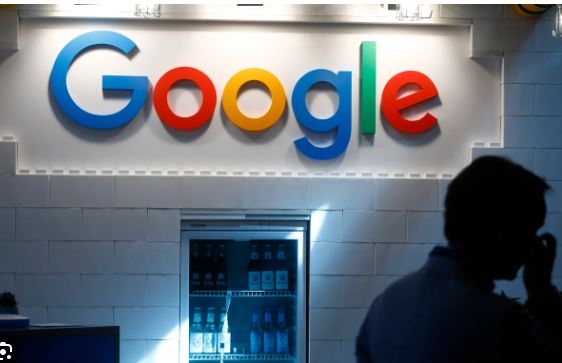
A landmark decision was reached on Friday evening as an eight-person jury ruled that Google LLC had treated its female executive, Ulku Rowe, differently due to her gender. Following over five hours of deliberation, the jury ordered Google to pay Rowe more than $1 million in damages. The award includes $150,000 for the pain and suffering caused by Google’s discriminatory treatment and $1 million in punitive damages. This verdict marks a significant milestone in the ongoing conversation about gender equality in the workplace.
A Pioneering Case Post-2018 Google Walkouts
Ulku Rowe’s lawsuit represents the first pay discrimination case brought against Google since the mass walkouts 2018, where hundreds of Google employees protested the company’s handling of sexual misconduct allegations against some of its top executives. The verdict signifies a victory for those advocating gender equality and fair treatment within the tech giant.
Google’s Defense and Rowe’s Claims
Throughout the week-long trial in the US District Court for the Southern District of New York, Google asserted that Ulku Rowe, the Director of Engineering at Google Cloud, was given the same opportunities and the same performance criteria as her male colleagues. This was in contrast to Rowe’s claims that Google had discriminated against her by offering her a lower-level position, lower compensation compared to her male counterparts doing similar work, and by denying her a well-deserved promotion that went to a less-qualified male colleague.
Rowe’s argument stemmed from the fact that she was hired as a level eight employee despite entering the job with 23 years of experience in the financial services and technology sectors. In contrast, some men hired simultaneously with ostensibly less experience were placed at level nine. This pay discrepancy was substantial, with Rowe earning approximately $750,000 per year as a level eight employee while some of her level nine male peers made over $1 million annually.
The Jury’s Ruling
Despite the pay discrepancy, the jury determined that Rowe did not provide sufficient evidence to prove that Google paid her less than at least two of her male colleagues, thus not violating New York law.
In addition to the pay disparities, Ulku Rowe alleged that Google retaliated against her by demoting her after she raised concerns about discrimination. Her lawyer, Gregory Chiarello of Outten & Golden LLP, argued that the case is about monetary compensation and holding Google accountable for setting a low standard for how women in the tech industry are treated and paid.
The Legal Framework: New York’s Equal Pay Law
The case was brought under New York’s equal pay law, represented by Kenneth Gage, a partner at Paul Hastings LLP. Gage emphasized that the law does not guarantee equal pay outcomes but equal opportunities.
Cara Greene of Outten & Golden, a prominent figure in the case, expressed her satisfaction with the unanimous verdict, stating that it validates Rowe’s allegations of mistreatment by Google and sends a strong message that discrimination and retaliation have no place in the workplace.
Google’s Response
Courtenay Mencini, a spokesperson for Google, expressed the company’s differing perspective on the verdict. Mencini noted Google’s disagreement with the jury’s finding that Rowe was discriminated against based on her gender or that she was retaliated against for raising concerns about her pay, level, and gender. Google maintains that Rowe was paid and leveled somewhat from her hire to the present and was not denied any promotions without violating New York’s pay equity laws.
Don’t be a silent ninja! Let us know your thoughts in the comment section below.
